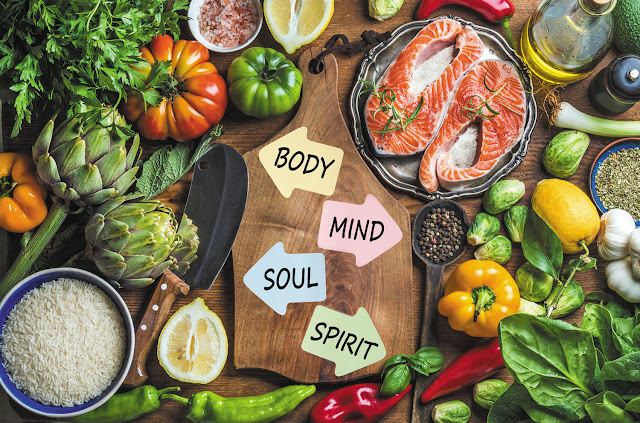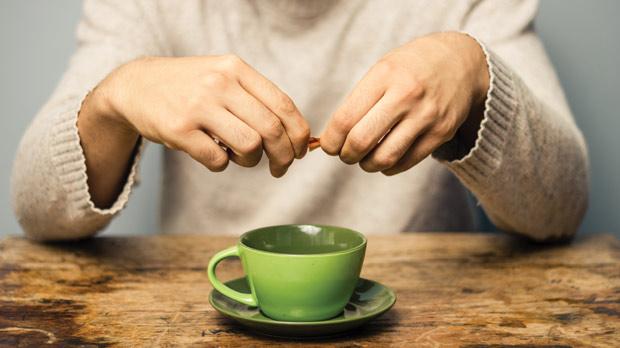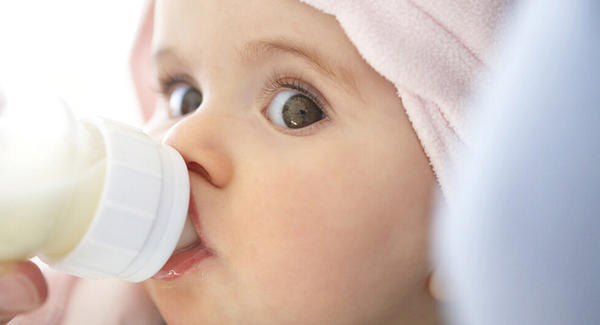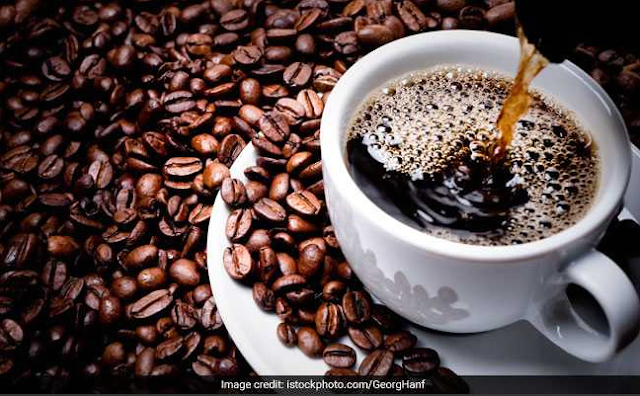Meet Pakistani popcorn seller who viewed TV clips and built his own plane

The engine is from a roadcutter, the wings are burlap, the wheels are borrowed from a rickshaw: a popcorn seller has caught the attention of the Pakistan Air Force by building his own plane. The tale of Muhammad Fayyaz has captured the hearts of many in a nation where millions, just like him, have limited access to education and are fighting for opportunities. "I was literally in the air. I couldn't feel anything else," Fayyaz said of his first flight in a machine he learned to build mainly from viewing TV clips and online blueprints. Pakistan has been thrilled before by stories of scientific prodigies plucked from obscurity before -- notably, that of the engineer who said in 2012 that he had invented a car that could run on water -- a story that was later debunked by scientists. But Fayyaz insists he flew and his claim is being taken seriously by the air force, whose representatives have now visited him multiple times, even issuing a certificate to commend ...


















